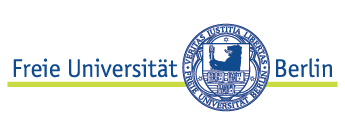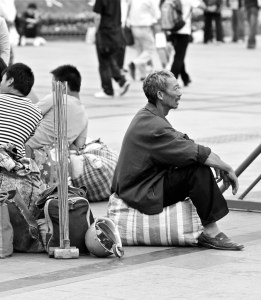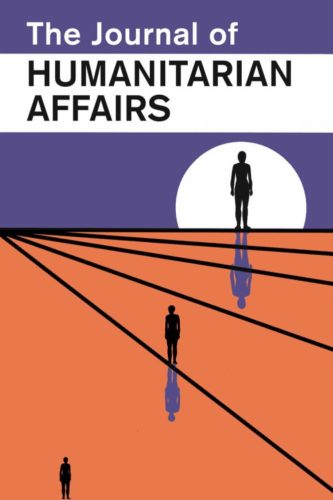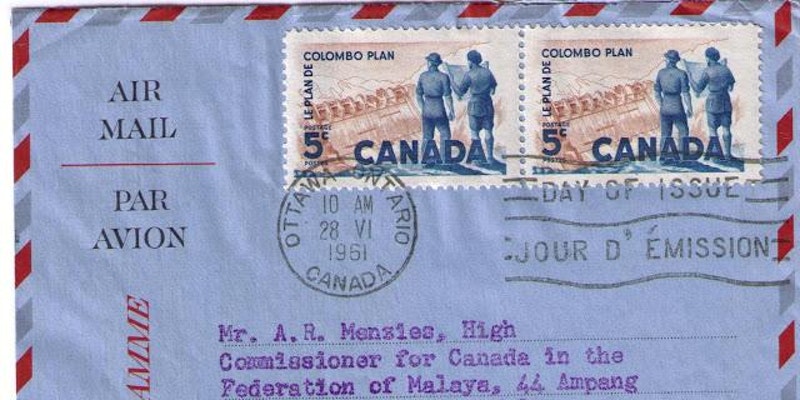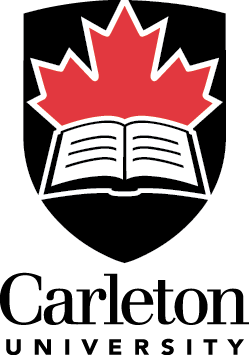“Besides the Primate’s World Relief and Development Fund, George Cram served a number of refugee advocacy organizations, and successfully pushed for the granting of Canadian visas to released prisoners in Chile during the rule of dictator Augusto Pinochet. Photo: General Synod Archives, from the Anglican Journal, March 20 2018”
To honour George Cramm, who died last month, we publish below the notes of the speech he gave five years ago, to commemorate a unique moment in the history of refugees in Canada which he led, the Political Prisoner Program. We also reproduce the text of the obituary prepared by the Anglican Journal, which highlights the many institutions which benefited from his commitment to ecumenical social justice. We thank his close colleague and member of the CNHH, John Foster, for sharing these documents as well as the obituary published by the Toronto Star published an obituary on March 21. John first met George via United Church youth work in 1961, and was best man at his wedding.
Notes from a talk given by George Cram about […] The Political Prisoner Program
CASA Salvador Allende 40th Anniversary Remembrance, Toronto, September 7, 2013
Continue reading


